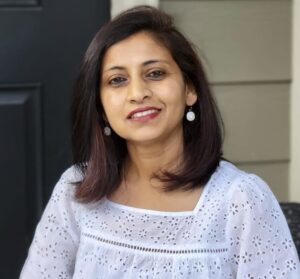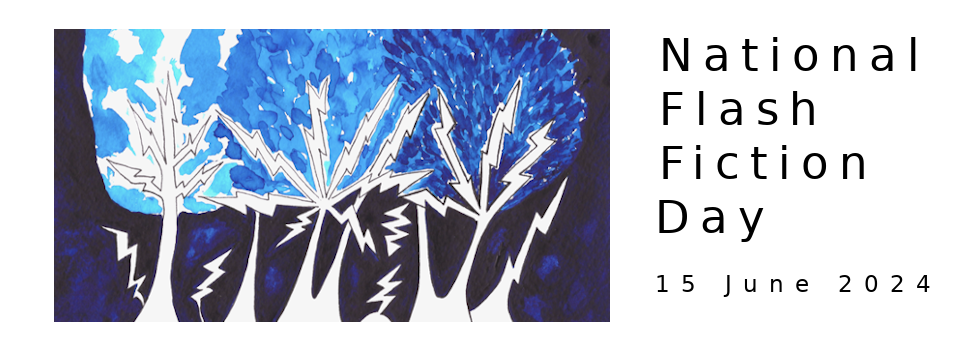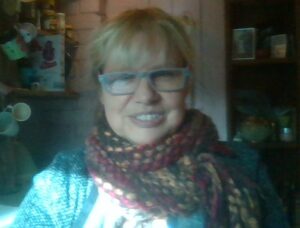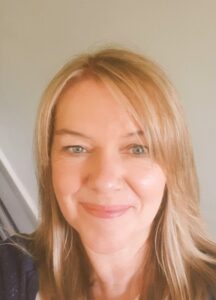Welcome to the fifth in our series of interviews with this year's National Flash Fiction Day Anthology Editors and Microfiction Competition Judges! Submissions for the Anthology and Microfiction Competition are open until 15 February 2024 and we'll be posting weekly interviews over the next couple weeks.
This week, NFFD's Diane Simmons chats with Sara Siddiqui Chansarkar, one of this year's NFFD Microfiction Competition Judges, about her writing journey to inspiration to her advice for those entering the Microfiction Competition ....
 DS: Thank you for agreeing to be a judge for this year’s micro fiction competition. You won the competition in 2023 with your flash ‘All my lovers’ and were Highly Commended in 2021 with ‘Adverb’. You obviously enjoy writing micros. Do you have any advice for entrants to this year’s competition?
DS: Thank you for agreeing to be a judge for this year’s micro fiction competition. You won the competition in 2023 with your flash ‘All my lovers’ and were Highly Commended in 2021 with ‘Adverb’. You obviously enjoy writing micros. Do you have any advice for entrants to this year’s competition?
Be clear, be visceral. This swatch of 100 words must give the readers enough context to build the entire story in their minds. Don’t leave them guessing the basics—who the narrator is, what’s their situation in life, and why they are telling this story. Finally, be merciless with your words. Write in a way that the readers feel your words poke and prickle under their skin.
DS: It can sometimes feel like writers are under pressure to always be putting words on the page. Are there any other activities, cultural or otherwise, that you feel are helpful to you as a writer?
As an immigrant from India, I like to observe the similarities and contrasts in cultures. And, it’s not only the American way of life that I seek to understand—having grown up in the north of India, I’ve had limited exposure to the South and the East/West. It’s here in a foreign land that I’ve gotten to know people from different parts of my own country and learn about their rituals/beliefs. Participation in various events/holidays helps me understand people and the way they interact with each other. That indirectly helps my writing.
DS: Did you write as a child or teenager? If so, can you tell us a little about what you wrote?
Unlike many other writers, I started writing much later in life. Although I don’t have a degree or training in language/writing, immigration to the USA spurred in me a desire to write about my experiences. Later, that progressed into fiction.
DS: Do you enjoy performing your work? If so, do you have many opportunities to perform locally?
Other than Zoom and some in-person readings, I have never performed my stories, but I’d like to do that. There are some local opportunities, but more often than not, I hear about them after the event is over. Haven’t been able to catch the opportunities in time.
DS: Do you only write flash or are there any other forms that you enjoy writing?
Besides flash, I have written a few poems. Now, I’m trying my hand at short stories.



